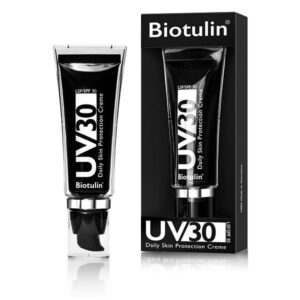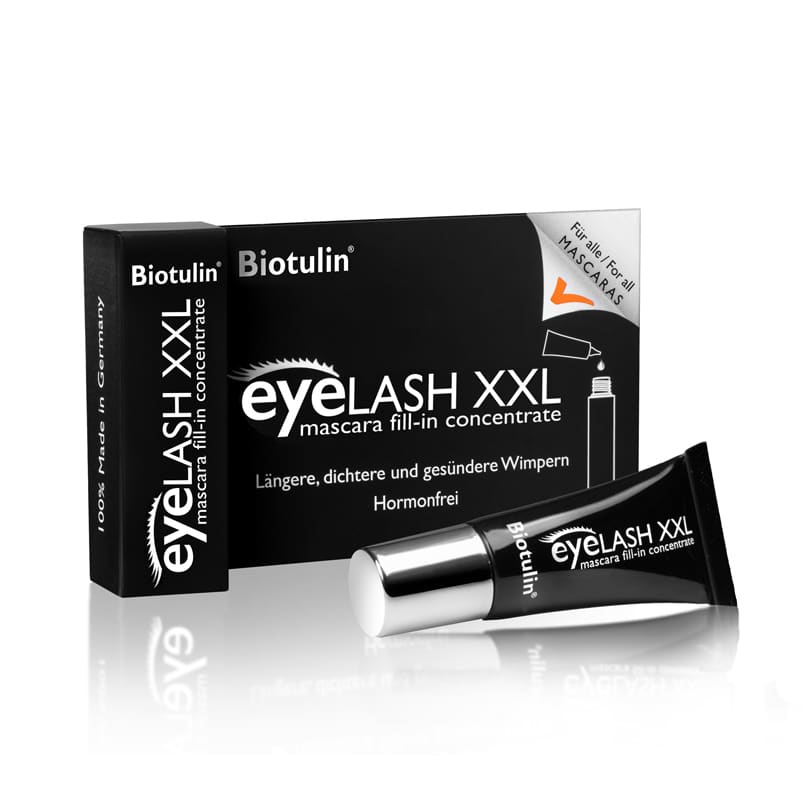Masks, eye creams and food supplements are said to work wonders thanks to vitamin C. Does the ingredient really help against pigment spots, wrinkles and skin inflammation? An expert gives answers.
Is vitamin C the beauty miracle for your skin?
In nutritional science and as an injection, it has been celebrated for decades as a guarantor of health or as immediate help against colds. Now vitamin C has also arrived as an ingredient in skin care products. Uneven complexion, rough spots, fine lines, acne scars – there is currently a vitamin C product for almost every skin problem. But how does the ingredient work on the skin? What’s behind the hype and whether the application is really as safe as beauty brands claim, we talked about this with one of the leading vitamin C experts, Thomas E. Levy.
What is the benefit of vitamin C?
“All cells in the body are driven by the influx of new electrons, which helps to reduce the oxidative stress of toxins and return oxidised biomolecules to their normal reduced state,” Levy explains. “While there are many different antioxidant substances, vitamin C is the most important antioxidant in the body and the most important donor, or source, of new electrons entering the body from both food and supplements”. It is therefore obvious that vitamin C should no longer be supplied only by fruits and tablets, but is now also contained in beauty products.
Is it not enough to eat fruit?
…and thus replenish the vitamin C requirement for body and skin? “The body usually needs several grams of vitamin C every day, for most people between 3,000 and 12,000 mg daily,” Levy says. “A few oranges wouldn’t come close to meeting this need. Because humans, unlike most animals, have lost the genetic ability to produce several grams of vitamin C themselves every day, it is important to remember that no diet can even come close to ensuring the body’s optimal daily vitamin C intake. Liposomal vitamin C preparations, such as “Altrient C” are ideal for ensuring sufficient vitamin C intake”.
Does vitamin C also have an anti-aging effect?
“As the body’s largest organ, the skin has a massive need for an influx of electrons. Collagen is constantly being broken down and has to be synthesised again. Vitamin C is irreplaceable for this”, explains Levy.
Which works better: hyaluronic acid or vitamin C, if you want to boost the collagen production of the skin again? “Both are important, but vitamin C is essential,” says Levy. “Neither active ingredient replaces the other.”
Does vitamin C protect better than sunscreen?

“The skin is more exposed to sources of radiation toxicity than any other part of the body. Radiation causes electron degradation and oxidative stress, and antioxidants such as vitamin C are critical to the protection and daily repair of the skin”. However, a vitamin C serum is no substitute for sun protection. A physical filter, which is often contained in sun creams, is much better suited for everyday use. A vitamin C skin care product should always be the basis under sun creams. “The optimal effect of vitamin C in serum is guaranteed if it is applied first”, Levy recommends. “Vitamin C is also a good remedy for sunburn”.
In addition to minimising redness, vitamin C accelerates cell renewal, according to this study. Meaning: damaged cells are replaced more quickly by healthy cells. The use of vitamin C can speed up overall wound healing, according to a scientific study by the University of Otago in New Zealand. And healthy wound healing in turn reduces the risk of inflammation, infection and scarring.
How do I find the right product?
The beauty market with vitamin C products is booming. Masks, peelings, facial cleansing, serums – you quickly lose track. “You can’t say that one product is superior to another,” says Levy. “Some of the products also complement each other.” The good thing about vitamin C products is that they are kind to the skin, so you can’t overdose on them. Only in rare cases can people with hypersensitive skin experience mild irritation. People with particularly sensitive skin should avoid products containing L-ascorbic acid and instead use products containing magnesium ascorbyl phosphate, which are less irritating to the skin.
The more orange the texture, the better?
“That is not true,” Levy says. An orange shade is usually due to oxidation of the product, for example if you have not stored the product properly. “In general, unless otherwise recommended, all vitamin C formulations should be kept cool and sometimes refrigerated”.
Does vitamin C help against pigmentation disorders?
Hyperpigmentation, including sun spots, age spots and melasma, occurs when melanin is excessively produced in certain areas of the skin. It can also occur in areas where acne has healed. Can vitamin C reduce these pigmentation problems, which are brown spots on the skin? Yes, actually. A scientific study has shown that vitamin C inhibits melanin production. This can help dark spots fade and lead to a more even complexion.








